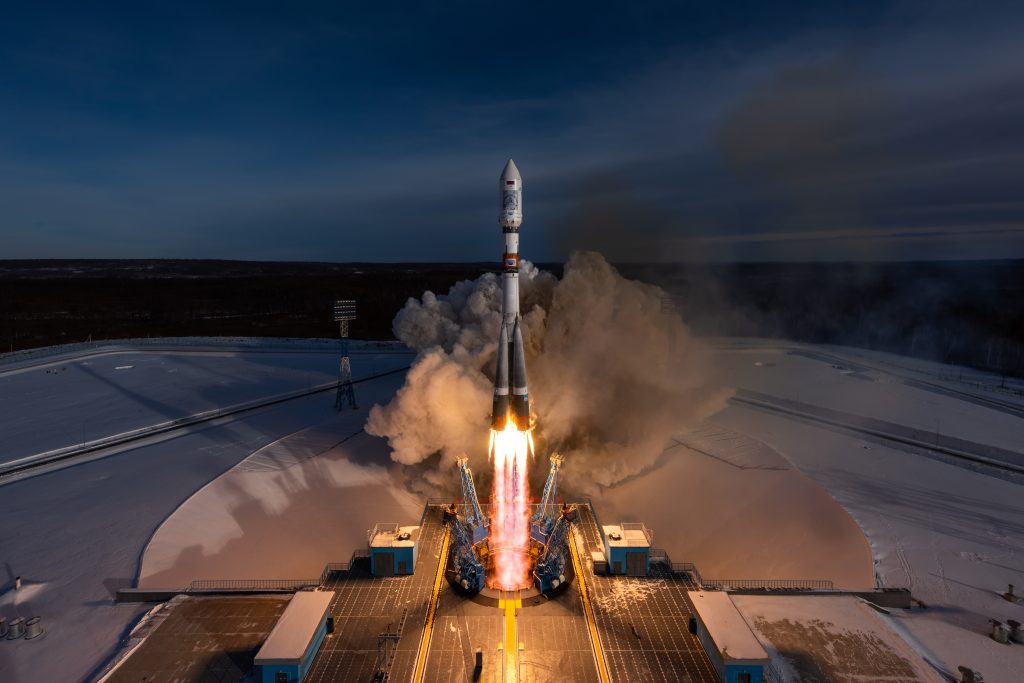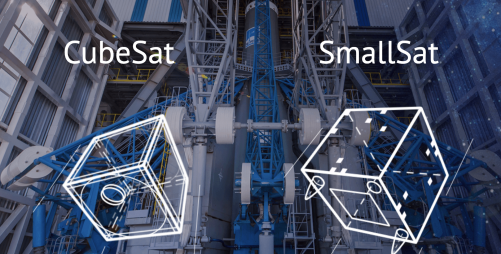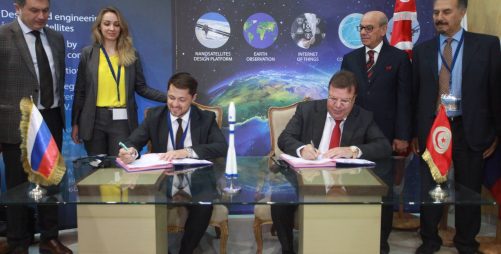TWO GRUS SATELLITES AND THE FUKUI PREFECTURAL SATELLITE TO BE LAUNCHED IN 2020
Following the launch of the first GRUS micro-satellite (GRUS-1A) on December 27th, 2018, Axelspace Corporation has decided to launch two more satellites of the same type (GRUS-1B and GRUS-1C).
Moreover, Axelspace and the Fukui Satellite Technology & Research Association (FSTRA), which have been collaborating on the development of a “Fukui Prefectural Satellite”, will launch it with same rocket as GRUS-1B/1C. The development framework and schedule have also been agreed upon.
GRUS-1B/1C and the Fukui Prefectural Satellite will all become part of Axelspace’s AxelGlobe infrastructure, aiming to eventually capture imagery of the whole Earth landmass every day. After the launch the number of satellites in AxelGlobe will grow to four, greatly increasing the platform’s imaging capabilities. Axelspace will manage the Fukui Satellite as part of the GRUS constellation to achieve the highest efficiency.
The Fukui Satellite will be the first AxelGlobe satellite not owned by Axelspace (it will be the property of the FSTRA). While owning only one satellite, the FSTRA will enjoy a higher image capturing frequency of its areas of interest thanks to the capacity shared by GRUS-1A/1B/1C. At the same time, by using the Fukui Prefectural Satellite’s capacity to its fullest, Axelspace will be able to obtain imagery of areas outside the FSTRA’s areas of interest.
By using this kind of win-win collaboration model with other organizations, Axelspace is aiming for an early completion of AxelGlobe.
Launch details below are the details of the launch of GRUS-1B, GRUS-1C and of the Fukui Prefectural Satellite.
Rocket: Soyuz-2
Launch site: Baikonur Cosmodrome, Kazakhstan
Orbit: Sun-synchronous, 600 km altitude
Launch operator: GK Launch Services
Launch period: from Q2 2020
GK Launch Services is an operator of commercial launches. The company was established by the decision of Roscosmos and is authorized to conclude commercial contracts for the launch of spacecraft using Soyuz-2 family launch vehicles from Russian spaceports.



